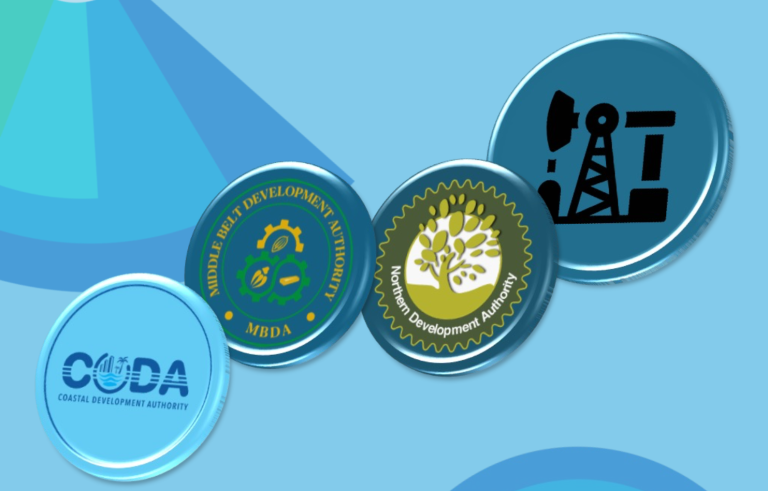Executive Summary
The EITI is a globally accepted initiative to advance and promote transparency and
accountability in the management of oil, gas and mineral resources. The initiative has afforded Ghana and other resource-endowed countries a unique opportunity to maximize their natural resource wealth for sustainable and equitable development. This has usually been achieved through enhanced transparency, effective public scrutiny, and improved oversight in the extractive sector.
Ghana’s implementation of the EITI has led to significant policy reforms in the mining sector, including fiscal policy reforms, but has been more successful in the large-scale mining sector. EITI implementation in Ghana started in 2006, with the publication of the country’s inception report, the initiative has contributed to critical reforms in the extractive sector including fiscal regime changes. The Ghana EITI (GHEITI) estimates that USD 713 million have accrued to the government as additional revenues as a result of the fiscal reforms implemented in the mining sector between 2007 and 2018. Despite these impacts, EITI implementation in Ghana has historically focused on large-scale mining. The Artisanal and Small- Scale Mining (ASM) sub-sector is yet to be included into the EITI process, even though it remains an important subsector of Ghana’s mining sector. This non-inclusion hinders its effective governance and limits the government’s resource mobilization efforts in this critical sector.
The relevance of the ASM sub-sector (gold mining) stems from its contribution to rural employments (especially women and youth) and gold exports but its activities are grossly informal, often unsafe for its workers, and vulnerable to illicit financial flows. ASM accounts for about 31% of total gold production while constituting a significant 60% of the country’s mining labour force.1 It is a common knowledge in Ghana that most artisanal and small-scale miners operate illegally. Hence, integrating the ASM sub-sector into the EITI governance architecture will ensure sustainable and economically beneficial artisanal and small-scale mining operations, engender greater public scrutiny backed with appropriate legislative and regulatory instruments. Further, it will enable ASM to engage in more efficient, sustainable, and safe mining practices.
The World Bank, under the Ghana Landscape Restoration and Small-Scale Mining Project (GLRSSMP), is supporting the GHEITI to produce its maiden integrated ASM focused Reconciliation Report. As a first step, the GHEITI Secretariat (main client) intends to conduct a stakeholder mapping and scoping, to provide a better understanding of the sector’s operations, and key players in the sector, identify the critical stakeholders (both formal and informal), and their roles in the various links of the ASM transaction or value chain. This report forms the first part of the Reconciliation Report.



